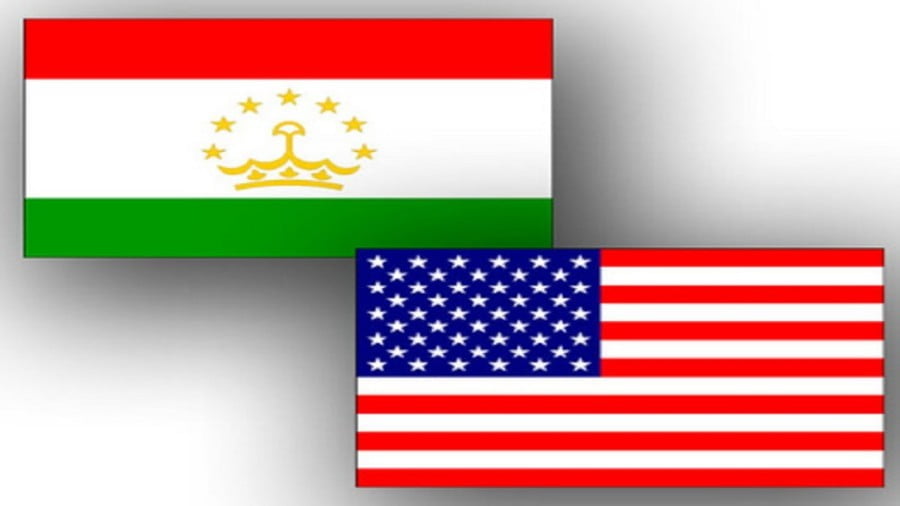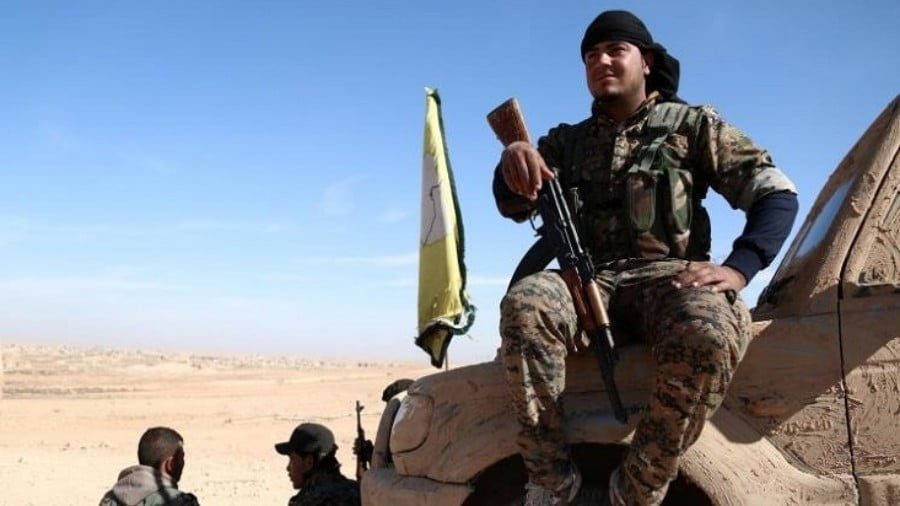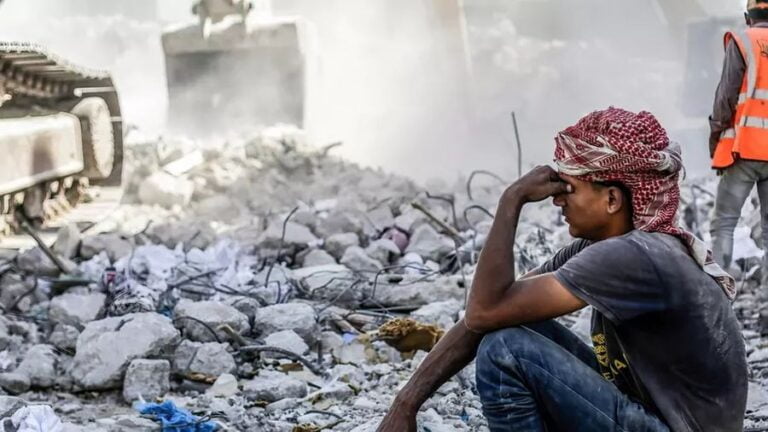China Will Respond to the US in Tajikistan
In the event of the withdrawal of US troops from Afghanistan to Tajikistan, Beijing’s response will be inevitable.
The White House has widely announced the withdrawal of its troops from Afghanistan. But they are clearly not going to go far, and all observers are now wondering in which particular country of Central Asia these new “nomads” will settle. Tajikistan is named as one of the US cantonment addresses in the region. Uzbekistan, Kyrgyzstan and even Kazakhstan are also in this row, and as for Turkmenistan, the White House considers it even less. And the wider this environment of information uncertainty, the better for the United States. Thus, almost from scratch, it seems that Washington has allegedly penetrated everywhere and almost controls the political situation throughout Central Asia.
However, not everything is as simple for the United States as it seems. For example, we can look at Tajikistan, which, as President Emomali Rahmon recently stressed during his visit to Moscow, has the longest border with Afghanistan. After all, if Washington decides to deploy its military infrastructure in Tajikistan, the United States will simultaneously challenge not only Moscow, but also Beijing. And this challenge will not remain unanswered, as the United States will be dealing with a new China, whose potential looks very different from what it did in the first years of its cooperation with independent Tajikistan and other countries in the region. In addition, China has just landed its first lander on Mars, which automatically increased the political ambitions of the PRC by an order of magnitude.
Therefore, in the event of the withdrawal of American troops from Afghanistan to the north, and specifically to Tajikistan, the White House should not hope that Beijing will act in the usual mode of the “1001st Chinese warning” for the West. China is so deeply engaged in economic integration with Tajikistan that its response will be very different from the previous format of responding to events that threaten its strategic interests. After all, it is also important for the Chinese Communist Party to test its National Liberation Army in real action. Moreover, such a clear answer is required by the very situation around Central Asia on the eve of the “retreat ” of American troops from Afghanistan. China is aware that only such a response can confuse the US plans for the entire region as a whole.
In the information space, not so long ago, the opinion of an employee of the Chinese Embassy in Dushanbe, who wished to remain anonymous, slipped that the US plans for Tajikistan “will not remain unanswered by Beijing.” And now it is gradually becoming clear that a response in a new and unusual format will inevitably follow. Whether Washington is ready to test its army in a direct clash with the Chinese army is a big question. After all, in fact, this can be considered a war for Central Asia, which is clearly not part of the American plans, at least at the current stage. For the time being, America expects to simply deploy its soldiers and instructors in the new local barracks.
Beijing’s response seems inevitable even if the American contingent receives official permission to enter Tajikistan from President Emomali Rahmon himself. Tough Chinese sanctions will apply this time not only to the economic and political, but also to the military sphere.
Beijing, as well as Moscow, is already alarmed by the behavior of Dushanbe, when it still does not have a clear and distinct wording about the deployment of American infrastructure on the territory of the republic. Such a blurring will automatically create tension in the relations of Tajikistan with Iran, as well as Russia with China, which cannot be allowed by definition, since all these countries bear a disproportionately greater responsibility for the security and stability of the region than the United States.
Iran, Russia and China are the “traditional targets” of the Pentagon, so a military-political alliance of these states, against the background of a challenge to Tajikistan, also seems real.
The deployment of a large US military camp in Tajikistan will mean the deliberate, provocative appearance of the main opponent of the PRC in the immediate vicinity of the Chinese state border. And this fact also makes Beijing’s reaction inevitable. Tajikistan is not Mali, not far away in Africa, so Beijing does not intend to sacrifice its interests here.
For Russia, the set of threats seems almost the same, including American spying on existing facilities in Tajikistan, which will finally push Moscow and Beijing to create a direct military-political alliance. In this case, too, the uncertainty of Dushanbe creates direct prerequisites for the loss of trust and support from the leading military-political, trade and economic allies.
Tajikistan, as a sovereign State, will have to make its own decision about its immediate future. The situation in the world is changing so rapidly that thoughts and vague formulations can no longer take place.







